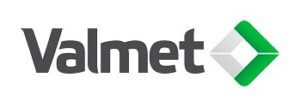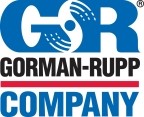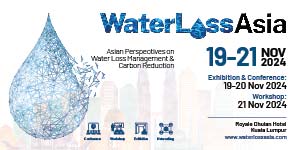McIlvaine: High Purity Water Market Much Larger Than Ultrapure
There are really four categories of water purity: Contaminated, Relative pure and satisfactory for drinking, High purity for use in beverages and some demanding industrial processes, Ultrapure water used for water which will be used in injectable pharmaceutical preparations, boiler feed water and semiconductor chip washing.
The markets to convert contaminated water to a relatively pure state are very large and are covered in a number of McIlvaine reports. Cartridge Filters: World Market covers cartridges used in large municipal plants as well as those used in residential refrigerators. RO, UF, MF World Market includes desalination and technologies to make contaminated water pure enough to drink. Liquid Filtration and Media World Markets includes segments on gravity media filters of the type used at most municipal plants which are treating water from wells and various water bodies.
The ultrapure water market is projected to rise to $4.6 billion this year as concluded in the McIlvaine Ultrapure Water World Markets.
This market is defined very rigidly. The water has so little calcium and other constituents that the water resistivity is greater than 18 meg (18 million ohms/cm) purity.
High purity water can be defined in many ways, but in terms of resistivity it would only be 100,000 ohms/cm. In other words, ultrapure water is more than two hundred times more pure than pure water. Tap water has a resistivity of only 2,000 ohms/cm, so pure water is fifty times more pure than tap water. Ultrapure water is ten thousand times more pure than tap water.
The market for purification of water to these intermediate high purity requirements is more than $8 billion per year. The technologies do include cross-flow membrane filtration covered in the McIlvaine RO, UF, MF World Market and also includes Degasification and Demineralization. A free website has been published to cover all the applications for forced draft deaeration, membrane contactors such as supplied by Membrana, ion exchange and electrodeionization. There is a wide range of pure water applications in addition to the ultrapure water applications. Some bottled water manufacturers are touting the advantages of pure water. (Ultrapure water would be lethal if ingested.) Breweries must adjust CO2 and oxygen content. Oil and gas companies are adjusting the gas content of water flooding.
Some applications such as water needed by circuit board manufacturers fall into a gray area between pure and ultrapure water.
Source: The McIlvaine Company







